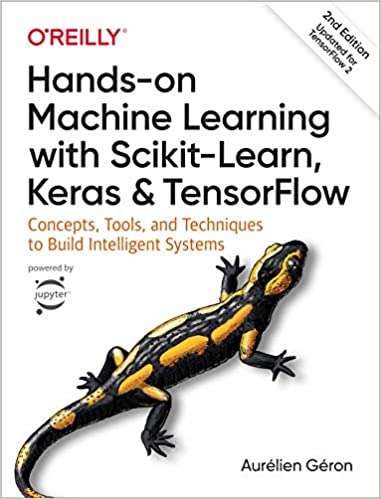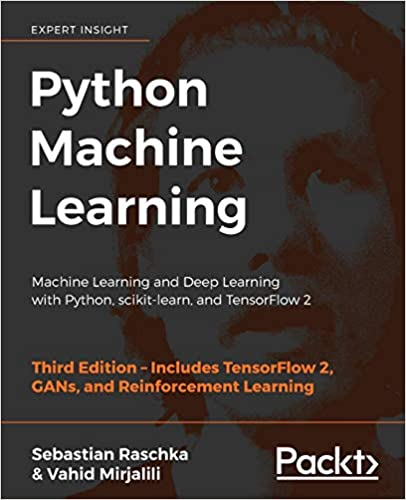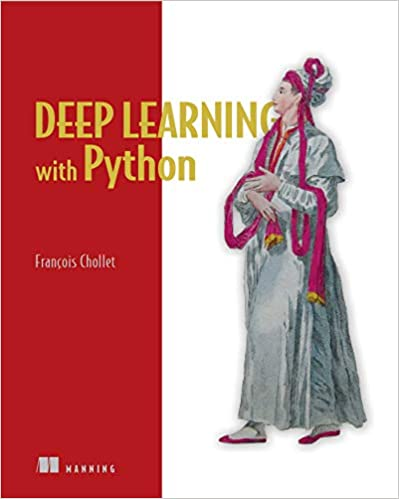If you are looking for what's next in your career, here are some pointers to get you started: 🧵👇
Here is why:
1⃣ Not only we are barely touching the surface of how Machine Learning will transform our lives in the next 10 years, but the need for qualified professionals will continue to rise.
👇
3⃣ There's huge demand, but there aren't many people competing in the market which opens many opportunities.
👇
5⃣ It helps solve problems that have been impossible to crack until now.
6⃣ The field is still in its infancy, so there's a lot to discover and many advances to come.
👇
1⃣ Learn Python 🐍.
Yes, I know you don't have to, but I'd recommend you do it.
Python is the motor behind most popular Machine Learning libraries so you don't want to ignore it.
👇
Both NumPy and pandas are popular Python libraries, and you'll have to use them constantly during your career.
These libraries aren't limited to ML applications, so you have nothing to lose by getting familiar with them.
👇
1. Define the Problem
2. Prepare Data
3. Spot Check Algorithms
4. Improve Results
5. Present Results
Check this article: machinelearningmastery.com/process-for-wo… from @TeachTheMachine
👇
Weka will let you apply a lot of different algorithms to your data without writing a single line of code.
Even better: Weka will generate code for you!
👇
Here is the list I started with:
1. Linear regression
2. Logistic regression
3. Decision Trees
4. Neural Networks
5. K-NN
6. SVM
👇
Check out the following libraries (besides NumPy and pandas which you already know):
1. SciPy
2. Matplotlib
3. Scikit-learn
With these, you should be able to use all the algorithms in code.
👇
How can you apply some of this new knowledge to a real problem? It doesn't have to be innovative, but try to build an end to end solution using your new skills.
👇
Deep Learning is usually the backbone of most "cool" applications of Machine Learning you hear about.
Libraries like TensorFlow and PyTorch will be the foundation of everything you'll do here.
👇
There's a lot you can do, and although this is not necessary, I'd recommend you focus on an area and go all-in on it.
I focus on Computer Vision.
I have a lot of friends that focus on Natural Language Processing.
👇
If you get here, you probably want to ensure most of your time focuses on your new skillset.
Find a new job, or move to a position that exposes you to the field.
There will be many opportunities waiting for you.
👇
- Linear Algebra (MIT)
- Machine Learning (@AndrewYNg - Coursera)
- Deep Learning (@AndrewYNg - Coursera)
- TensorFlow In Practice (Coursera)
- Stanford Computer Vision (@drfeifei - YouTube)
👇
1. Data Science Imposters
2. Data Skeptic
3. DataTalk
4. Linear Digressions
5. Machine Learning - Software Engineering Daily
👇
- @AndrewYNg
- @fchollet
- @chipro
- @karpathy
- @TeachTheMachine
- @kdnuggets
- @KirkDBorne
- @hmason
- @drfeifei
And my friends:
- @AlejandroPiad
- @haltakov
- @yudivian





